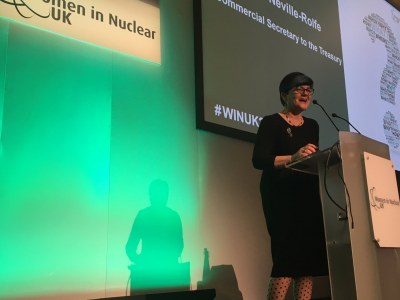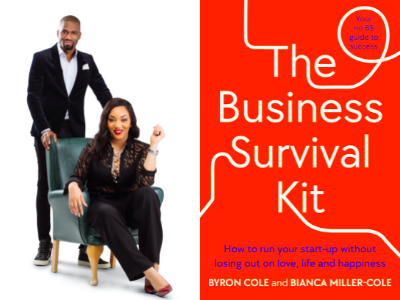Baroness Neville-Rolfe addressed delegates at the Women in Nuclear conference, saying, “We must all come together to help more women shape a bright future for British nuclear energy.”
The third annual Women in Nuclear (WiN) conference, held in Westminster, London on 1 February, explored issues surrounding diversity and inclusion and how it leads us to better business decisions.
Throughout the day, a number of issues and topics were raised and discussed through speaker presentations, a ‘Question Time’ style panel debate and interactive workshops.
Other speakers during the conference included Jack Gritt, President, WiN UK; Paul Spence, Director of Strategy and Corporate Affairs, EDF Energy; Sarah Cole, Submarine Naval Architect, MOD; and Kathryn Nawrockyi, Director of Gender Equality, BITC.
Speaking at the conference, Neville-Rolfe, the Commercial Secretary to the Treasury, continued saying, “Another way I think we can really make a difference it to make the most of the full potential of British women in this industry.”
“And that’s not just about filling the skills gap we face.”
“It’s also about building the strength of the industry itself.”
“There is much evidence that a diverse range of opinions; a diverse range of ideas, and a diverse range of backgrounds all mean greater success for any type of business or organisation.”
“And that’s the reason why diversity is not just something women care about – but men too.”
“And it’s noteworthy that Women in Nuclear is not an organisation confined to the UK, it’s a chapter in an international story – with over 30 such organisations across the globe – from Brazil to Bulgaria, the UAE to the Ukraine and Egypt to Indonesia.”
“The work of Women in Nuclear – and indeed similar organisations, such as the Women’s Engineering Society, or Women in STEM – is immensely important.”
“You combine a positive attitude to change, with a pragmatic one.”
“And the many activities your undertake – whether events like this, or mentoring, or your industry charter – all of these are important contributions to change.”
“They help to break stereotypes, and bring down barriers.”
“To raise awareness, and encourage aspirations.”
“In short, to instil a sense that change is not only possible, but happening.”
“We should also take pride in how far we have come.”
“If you think back to 150 years ago, women were excluded from large parts of economic life.”
“The transformation we have seen since then has been incredible.”
“In this country alone, we’ve got almost 15 million women in work.”
“We’ve got a second female prime minister leading the country.”
“And we’ve got organisations like Women in Nuclear, holding events like this, to take us even further, in our positive pursuit of progress.”








